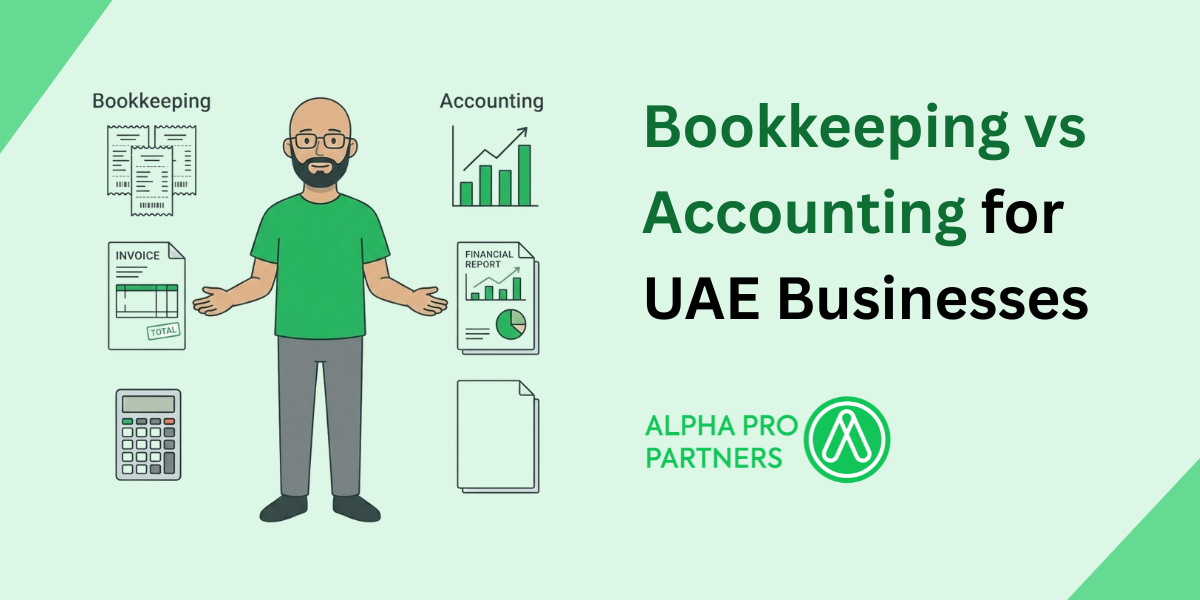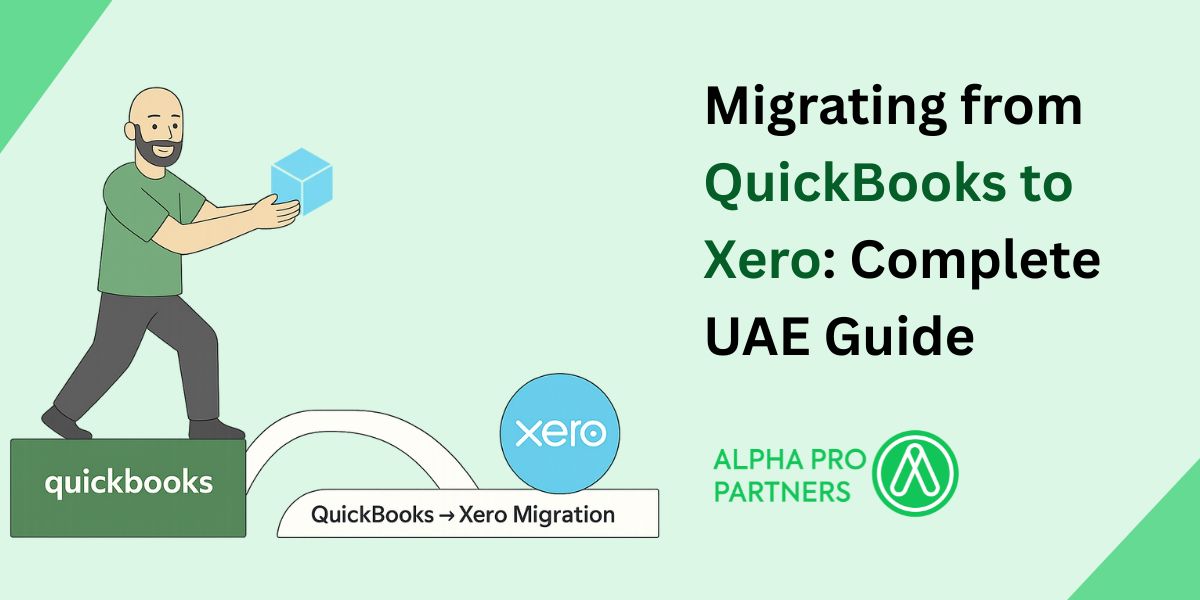Navigating the Complexities of Tax Law in the UAE: A Comprehensive Guide

Summary:
This comprehensive guide explores the intricacies of tax law in the United Arab Emirates (UAE) and provides valuable insights for businesses and individuals. The introduction of Value Added Tax (VAT) in 2018 significantly impacted the tax landscape, requiring businesses to understand registration, compliance, and reporting obligations. The guide emphasizes the importance of accurate record-keeping, timely VAT filings, and seeking professional advice to navigate the complexities of VAT compliance.
Navigating the Complexities of Tax Law in the UAE: A Comprehensive Guide
Introduction:
The United Arab Emirates (UAE) has experienced significant tax reforms in recent years, leading to profound implications for businesses and individuals operating within the country. Understanding the intricacies of tax law in the UAE is crucial for compliance and effective financial planning. In this comprehensive guide, we will delve into the key aspects of tax law in the UAE, providing valuable insights and practical guidance to help navigate this complex landscape.
The UAE Tax Landscape:
The UAE has long been recognized for its tax-friendly environment, with no income tax or corporate tax imposed on individuals and most businesses. However, in 2018, the UAE introduced a transformative Value Added Tax (VAT) system, marking a significant shift in the country's tax landscape. VAT is now levied at a standard rate of 5% on the supply of goods and services, impacting businesses and consumers alike. It is essential to comprehend the scope and implications of VAT to ensure compliance and avoid penalties.
VAT has brought about a range of changes in the UAE business landscape. For businesses, it means implementing new systems and processes to account for VAT, including proper record-keeping, invoicing, and reporting. It also requires businesses to reassess their pricing strategies, taking into account the impact of VAT on their profit margins and competitiveness.
For consumers, VAT has led to an increase in the prices of goods and services. It is important for individuals to understand how VAT affects their everyday purchases and expenses, as well as any exemptions or special provisions that may apply to certain goods or services.
VAT Compliance and Registration:
To comply with UAE tax law, businesses must navigate the VAT registration process. Key considerations include registration thresholds, exemptions, and record-keeping requirements. Understanding these obligations, maintaining accurate records, and filing VAT returns promptly are crucial to avoid penalties and safeguard one's reputation. Seeking professional advice can streamline the VAT compliance process and ensure adherence to all legal requirements.
The UAE tax authorities have set registration thresholds, which determine when businesses are required to register for VAT. Businesses that exceed the mandatory threshold must register within the specified timeframe. Additionally, businesses can choose to voluntarily register for VAT even if they do not meet the threshold, which may be beneficial for those dealing with international clients or suppliers. Once registered, businesses must maintain proper records of their transactions, including invoices, receipts, and other relevant documents. These records are necessary for filing accurate VAT returns and responding to any inquiries or audits by the tax authorities. Utilizing digital accounting systems and software can streamline record-keeping and facilitate compliance. VAT returns must be filed periodically, typically on a quarterly basis, detailing the VAT collected and paid during the reporting period. It is crucial to ensure the accuracy of these returns, as any errors or discrepancies can result in penalties and fines. Engaging the services of tax professionals or consultants can help businesses navigate the complexities of VAT compliance, ensuring timely and accurate filings.
Impact on Business Operations:
The introduction of VAT has significantly influenced various aspects of business operations in the UAE. Companies must now consider VAT implications when pricing their products or services, negotiating contracts, and managing cash flow. VAT also affects cross-border transactions, necessitating a clear understanding of rules regarding imports, exports, and international trade. Adapting business processes, systems, and accounting practices to comply with VAT requirements is essential for seamless operations in the UAE. One of the primary considerations for businesses is the impact of VAT on pricing strategies. The addition of a 5% VAT to the cost of goods or services may require businesses to reassess their pricing structures to remain competitive while maintaining profitability. Pricing adjustments must be carefully implemented to avoid any negative impact on customer loyalty or market share.
VAT also affects contracts and agreements between businesses. It is important to review existing contracts to determine whether VAT needs to be incorporated or adjusted. This includes considering the treatment of VAT on ongoing contracts that were signed before the introduction of VAT. Cash flow management is another area impacted by VAT. Businesses must ensure they have sufficient liquidity to cover the VAT payable on their sales while considering the timing of VAT refunds on their purchases. Proper cash flow forecasting and financial planning are essential to avoid any cash flow disruptions or liquidity issues. For businesses engaged in cross-border transactions, understanding the VAT rules for imports, exports, and international trade is crucial. Special provisions and procedures may apply, such as reverse charge mechanisms or customs obligations. Complying with these regulations ensures smooth operations and avoids any potential penalties or delays in customs clearance.
Tax Planning and Optimization:
While the UAE remains a tax-efficient jurisdiction, businesses and individuals can still benefit from strategic tax planning and optimization. This involves leveraging legal mechanisms and incentives to minimize tax liabilities while ensuring compliance. Strategies such as structuring transactions, utilizing tax-efficient entities, and exploring available exemptions and incentives can be employed. Engaging experienced tax advisors can help identify opportunities for optimization and ensure adherence to all legal requirements. One tax planning strategy involves structuring transactions in a tax-efficient manner. By carefully analyzing the tax implications of different transaction structures, businesses can minimize their tax liabilities. This may involve considering options such as mergers, acquisitions, or restructuring to take advantage of tax incentives or exemptions. Another avenue for tax optimization is the utilization of tax-efficient entities. The UAE offers various types of business entities, such as free zone companies, offshore companies, and mainland companies, each with its own tax implications. Understanding the benefits and limitations of each entity type allows businesses to choose the most suitable structure for their operations. Exploring available exemptions and incentives can also contribute to tax optimization. The UAE provides certain exemptions from VAT for specific sectors or activities, such as healthcare, education, and designated free zones. Additionally, the country offers incentives for industries such as renewable energy, technology, and research and development. By understanding and leveraging these exemptions and incentives, businesses can reduce their tax burden and promote growth. It is important to note that tax planning should always be conducted within the bounds of the law. Engaging in aggressive tax avoidance or evasion schemes can lead to severe penalties and reputational damage. Working with reputable tax advisors ensures that tax planning strategies are implemented in a legal and ethical manner.
Evolving Tax Landscape and Future Developments:
The UAE tax landscape continues to evolve, with potential future changes on the horizon. Staying informed about tax law updates, regulatory developments, and potential amendments is vital for businesses and individuals. Proactive planning and timely compliance are facilitated by keeping abreast of changes. Regular consultations with tax experts and engagement with industry updates are essential for navigating the ever-changing tax environment in the UAE.
The UAE government continuously reviews its tax policies and regulations to ensure the country's economic competitiveness and fiscal sustainability. This includes ongoing evaluations of the VAT system, potential changes to tax rates, and the introduction of new tax incentives or exemptions. Being aware of these developments allows businesses and individuals to adapt their tax strategies accordingly. Furthermore, international tax regulations and initiatives, such as the Base Erosion and Profit Shifting (BEPS) framework and global tax transparency efforts, can have an impact on the UAE tax landscape. Staying informed about these global trends ensures compliance with international standards and helps businesses and individuals effectively manage their tax obligations. Regular consultations with tax advisors are essential for staying ahead of tax law changes and understanding their implications. These professionals can provide timely updates and guidance on new regulations, ensuring businesses and individuals remain compliant and optimize their tax positions.
Conclusion:
Navigating tax law in the UAE requires a comprehensive understanding of the legal framework, compliance obligations, and potential optimization opportunities. With the introduction of VAT, businesses and individuals must adapt their operations and financial planning to ensure compliance and mitigate risks. Seeking professional guidance and staying informed about tax law developments are key to successfully managing tax-related matters in the UAE. By remaining proactive and compliant, businesses and individuals can navigate the complexities of tax law, optimize their tax positions, and contribute to their long-term success in the UAE. Continuous monitoring of the evolving tax landscape and engaging with tax experts empower businesses and individuals to make informed decisions and adapt their tax strategies accordingly.

.webp)







%20Widgets%2C%20Shortcuts%20%26%20Customisation.jpg)








.webp)
.webp)


.png)
.png)
.png)
.png)
.png)

.png)
.png)



.png)
.png)





.jpg)


.jpg)





.png)
.png)






.png)


